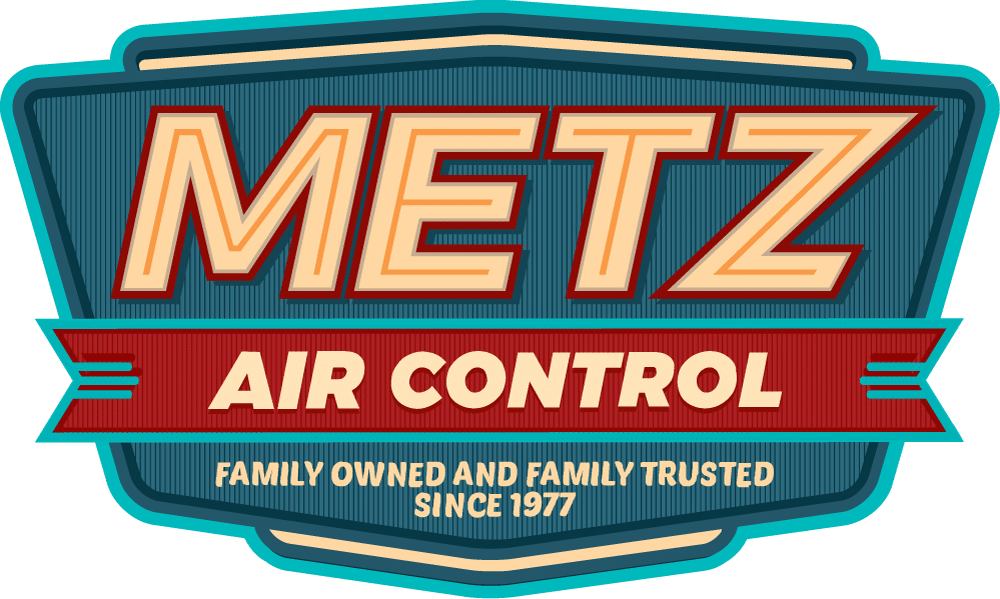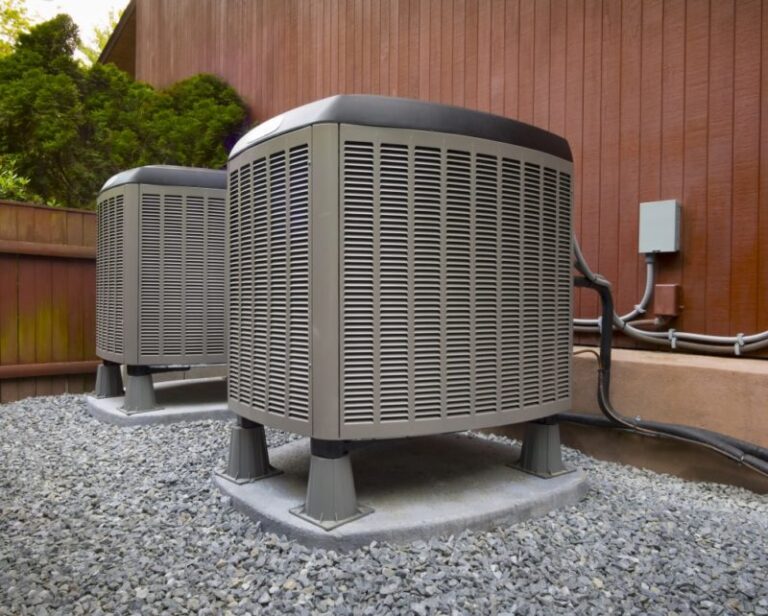Temperatures in the Corona, California, area can fluctuate between the high 70s and low 90s at this time of the year. You need a dependable heating and cooling system that can deliver no matter what the weather does. You rely on your HVAC system to keep your household comfortable throughout the year, but do you know how it works? It’s time for a little HVAC 101.
What Is an HVAC System?
HVAC stands for heating, ventilation, and air conditioning. Your home’s HVAC system circulates warm and cool air to keep you comfortable all year. HVAC systems also help improve indoor air quality with air filters that trap pollutants. Dehumidifiers and ventilators also remove harmful particulates that can make you sick.
How Does an HVAC System Work?
Traditional central HVAC systems and modern heat pumps provide heating and cooling via the ductwork. You can enjoy direct air conditioning from a ductless mini-split system with single-use or multiple-zone options. Your HVAC system manages comfort based on the thermostat’s settings. While this sounds simple, it’s actually a complicated system of indoor and outdoor components, electrical wiring, ducts, air vents, exhaust outlets, fans, and blower motors.
Common HVAC Terms
Compressor: This is the heart of the system. It pumps refrigerant between the indoor evaporator coil and outdoor condensing unit. The refrigerant removes warm air from indoors during summer and delivers heat in winter.
Condensing Unit: Located outdoors, the unit condenses refrigerant from a gaseous to a liquid state, so it can move cool air.
Evaporator Coil: This part of the air handler or furnace and houses the refrigerant.
SEER Rating: SEER indicates the seasonal energy efficiency ratio of an air conditioner or heat pump. It measures the amount of energy used over a typical cooling season. The higher the number, the more energy efficient the unit.
AFUE Rating: AFUE stands for Annual Fuel Utilization Efficiency, and it measures furnace efficiency. A higher AFUE means a more efficient furnace. The U.S. government stipulates a minimum AFUE of 78 percent for all gas and oil furnaces.
If your HVAC system isn’t performing as it should or you need an upgrade, call Metz Air Control at 909-925-0513. Our comfort advisors provide expert repairs and installations. Contact us today to discuss your heating and cooling options.
Image provided by Shutterstock

